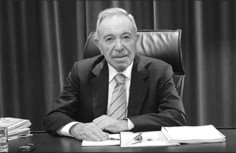
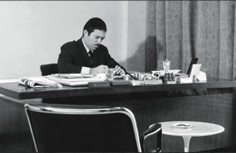
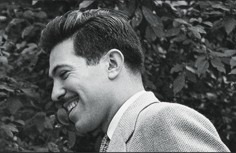
“From the moment I set up Dar Al-Handasah, I had in mind that the company should become something that would continue to prosper long after I had finished working for it-and, indeed, departed this earth.”
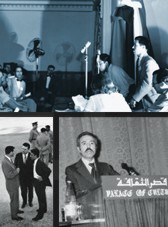
“Although I was an engineer and a scientist, I have always been fascinated by the subtleties of philosophy-especially the power of rationalism as a mean of advancing argument.”
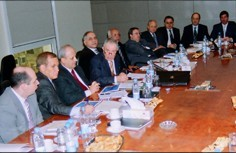
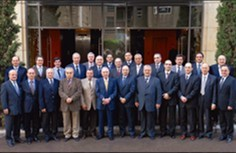
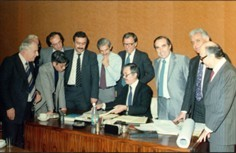
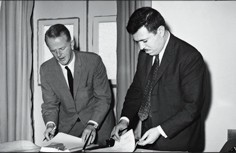
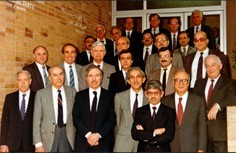
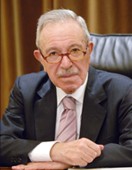
“The future belongs to the young, and they must find their own ways to shape it. But for those who are set upon establishing their own enterprises, I believe there are important lessons from Dar Al-Handasah’s experience.”
Dr. Shair passed away on August 21st, 2008
1946
First year at the American University of Beirut First visit to Cairo 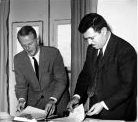
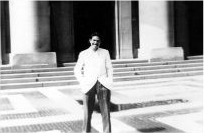



1947
Set sail to the United States
1946
End of British Mandate
over Transjordan
1948
The First Arab-Israeli War
and the establishment of the state of Israel 


1956
Dar Al-Handasah formally opened for business in November
Dr. Shair establishes Dar Al-Handasah, an
engineering Consulting firm, with four of his colleagues from AUB with an initial capital of LL25,000 at the time the equivalent of $7,000 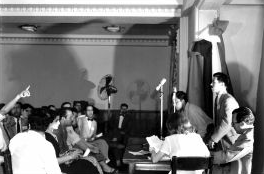
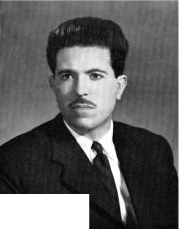

1958
Dar's first big
commission
Dar takes a 30% reduction on consulting
fees to land its first big commission, the Kuwait Power Station Project 



1960
Three partners amicably leave Dar Al-Handasah leaving only two 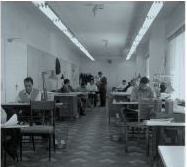
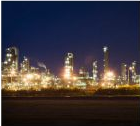

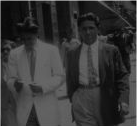
1961
Kuwait power
station switched on
the six-day war
1967
1968
Dr.Shair takes his first trip
to Africa 



1970
Dar Al-Handasah Shair and Partners is established 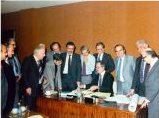


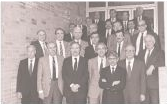

1974
Dar Cairo opens
for business
Onset of the Lebanese
civil war
1975
1976
Dar Beirut partially
shut down 



“My leaving of
Lebanon was one of the saddest days of my life” 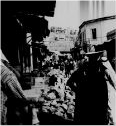






1986
Dar Al-Handasah acquires
American architecture firm Perkins and Will
1989
Jordan's Senate
King Hussein appoints Dr. Shair
member of Jordan’s Senate
1988
Jordan renounces responsibility
over the West Bank
1989
Taif Agreement is
brokered in Lebanon
1985
Dr. Shair makes his
first trip to Angola
1984
Dr. Shair leaves Lebanon
and settles in Amman 







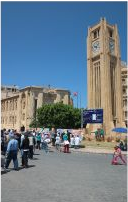


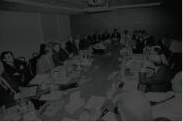

Dar Group acquires UK-based Penspen
1990
King Hussein dies
1999
Iraq invades Kuwait
1990
1998
Dar Group acquires
French interior design firm Pierre Yves Rochon
1991
Dar Al-Handasah leads the
planning efforts for the reconstruction of Beirut’s Central District 



2006
Dr. Shair pens his biography in
his book “Out of the Middle East” 

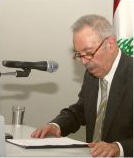

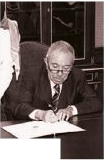
2007
King Abdul
Aziz international airport
2007
Dar Group acquires
Landrum & Brown
2003
Honorary
Doctorate at the AUB
2004
Dar Group acquires R&H
Railway Consultants
Dr Shair gives the
commencement address and receives an honorary Doctorate at the American University of Beirut
Dr. Shair signs Improvement and
Rehabilitation of King Abdul Aziz International Airport Project 





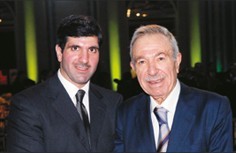
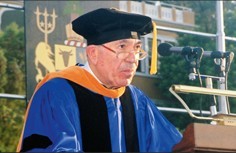
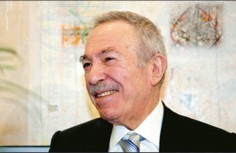
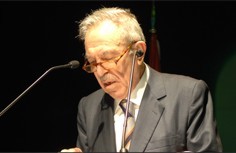
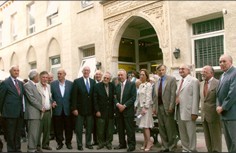
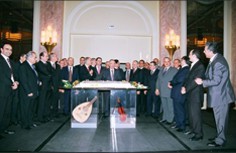
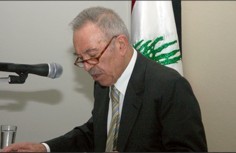
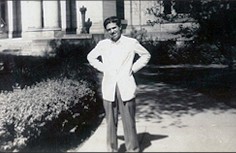
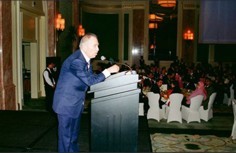
"The values of
liberal nationalism, freedom, and democracy as the basis of truly open societies in which all people can fulfill their true potential will always prevail."
“Successful
development means taking into account the human impact of the physical changes you are making. ‘You made my life better’ is the highest praise we can receive.”
“No one continent or
country has a monopoly on good ideas.”
“For me, anything I do that is not sustained beyond my life is
insignificant.”
"For us, hard
work and hitting deadlines is something of an obsession."
"We don't debate issues to
death in endless committees, and we don't clog up our corporate arteries with unnecessary interventions."
"I am not looking for an
abstract thinker whose head is in the clouds, but an individual who knows how to apply good practical intelligence to the multiplicity of problems they will face in the varied and ever-changing world of development consultancy." |
|||||||